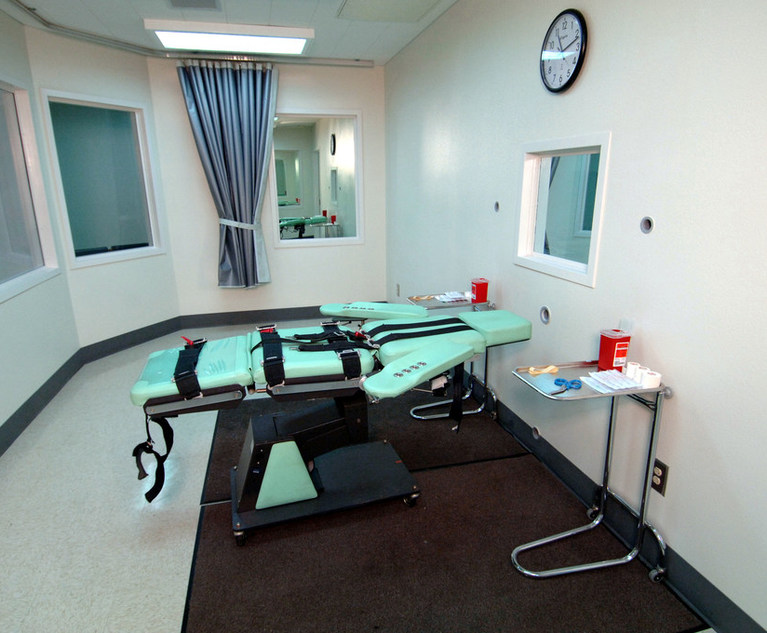How can it be that everything went “right” at oral argument and the decision came out “wrong”? In other words, the panel found your arguments unpersuasive.
Let’s assume you did everything right in your preparation and performance. The passage of time can alter one’s perception of the strength of the arguments advanced. So, as best you could, you looked over the record and briefs with fresh eyes. You plumbed through the facts and the law and were able to readily refute your adversary’s arguments. You updated research to make appropriate references to cases decided since the briefs were filed. When necessary, you yielded on points rather than advance losing arguments. You even cherry-picked your arguments, announcing to the court that, unless the panel had questions regarding the other points in your brief, you were limiting your argument to discrete issues. (Not only does that enhance your credibility as an advocate, it focuses the judges’ attention on your winning issues.)


 Credit: Ken Cook / Shutterstock.com
Credit: Ken Cook / Shutterstock.com




